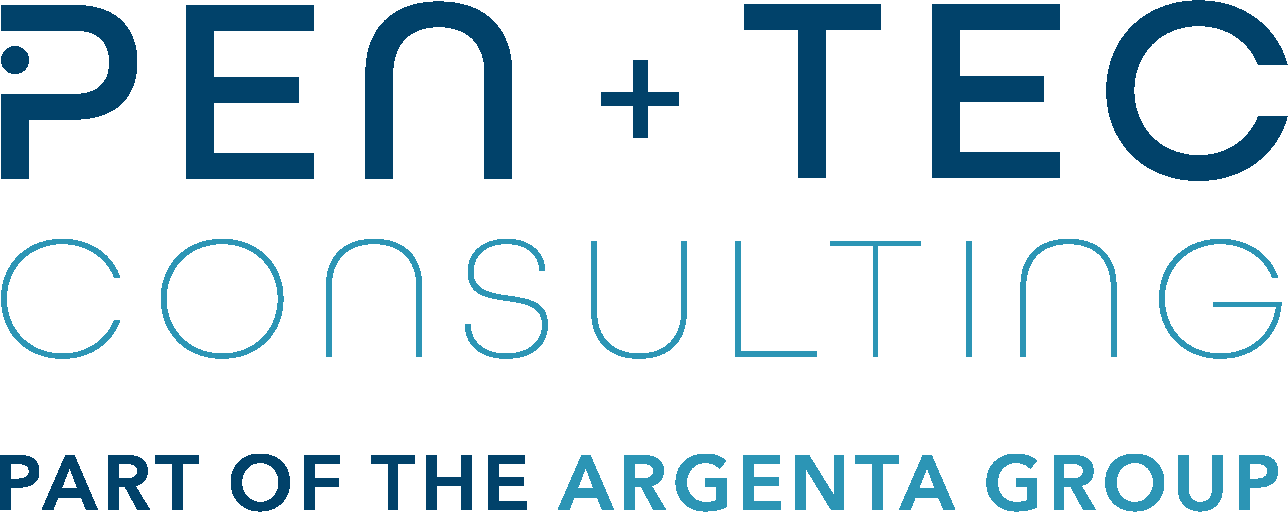A Regulatory Update on Animal Feed and Feed Additives in the EU, USA and China
Posted 28 January, 2016
Management Forum, together with the help of a panel of expert speakers and Dr Elinor McCartney as Chairperson, convened a 2-day conference and interactive workshops to provide a “Regulatory Update on Animal Feed and Feed Additives in the EU, USA and China”. This year’s conference attracted delegates from all over the world, wishing to learn about the latest changes in animal feed and feed additive legislation in Europe, USA and China, with a key focus on European requirements.
With representative speakers from the EC (European Commission) and EFSA (European Food Safety Authority), the conference covered the regulatory structure, registration procedures and timelines, while at the same time giving the audience a feel for “what’s new” at EU decision-making level. The presenters also provided tips on designing animal studies and gave real-life examples on how to tackle EFSA questions.
Objectives
- Provide an update on the implementation of EU Regulation (EC) Nº 1831/2003 and its impact on EU feed additive applications,
- Explain the role of the EU and Comitology and how EFSA assesses applications,
- Help delegates understand “what EFSA wants” in terms of animal studies – tips on avoiding mistakes and unnecessary delays through EFSA,
- Provide insights into US and Chinese regulatory frameworks and the extent to which studies can be used to meet requirements in all three geographical areas.
The Conference
The main focus of the conference was on the registration and evaluation of feed additives in the EU. Dr Marta Ponghellini of DG SANTE and Diederik Standaert, who works as an expert for the Belgian authorities (FPS Health, Food Chain Safety and Environment) and represents the Belgian delegation at the Standing Committee on Plants, Animals, Food and Feed, gave an insight into the latest developments at the EU Commission. EFSA was represented by Dr Montserrat Anguita (scientific officer of the FEED Unit) who explained the structure and role of the FEED Unit, and clarified how and when EFSA can be consulted when applicants have questions or doubts. Ing. Liza Van Den Eede (Pen & Tec Consulting) gave examples of EFSA-compliant study designs and reporting, including typical EFSA questions and how to answer them. Regulatory consultants Douglass Oeller and Raymond Ng added an extra dimension to the conference programme by explaining the complex regulatory landscape in the USA and China.
Delegates were also given the opportunity to network and receive feedback from the individuals directly involved in the decision-making and processing of feed additive applications at EU level.
The Workshops
At the end of each day, interactive workshops were run by Ing. Liza Van Den Eede and Ruud Bremmers (Regal BV) to enable delegates to work together to solve regulatory problems and present their case to the group. The workshops covered the following topics:
- Planning for the registration of a feed additive in the EU – points to consider and important steps to follow
- How to prepare an EFSA-compliant study design for a specific feed additive
- Managing dossier projects – how to build a dossier for a technological, sensory, nutritional or zootechnical feed additives.
Highlights:
- Update of Com. Reg. (EC) 429/2008 – Commission Regulation (EC) 429/2008 covers the rules on the preparation and presentation of feed additive applications and their evaluation. Diederik Standaert mentioned that after eight years, the regulation is now due for an update.
Diederik shared the main ideas that may be under discussion, including an update of the application form, definition of the term “preparations” and possible inclusion of new functional groups. In addition, it appears that the EC would like more flexibility on efficacy study requirements (e.g. allow more extrapolation from other species so that less efficacy studies need to be submitted) as well as more flexibility on the minimum duration of tolerance studies (e.g. reduce to 28 days). Also, more emphasis is envisaged on the cascade approach to analytical methods (i.e. requiring applicants to use official ISO/CEN methods when possible and not in-house methods). Time will tell which changes will finally be implemented.
- EFSA guidance updates – EFSA guidances provide advice on compiling dossiers and include all the information and studies required to submit a compliant feed additive application. EFSA guidances are regularly updated in order to include all the latest scientific developments, taking into consideration any food chain safety issues. EFSA revealed that various guidance documents would be revised, with a proposed deadline of June 2018. EFSA plans to involve stakeholders in this process and considers an Open Plenary/Stakeholder meeting in July 2016 (date and venue to be determined).
- Future of ethoxyquin – Following the legal framework set out in Regulation 1831/2003, this feed additive has been re-evaluated by EFSA, who published an “inconclusive” opinion on 18 November 2015. Due to an overall lack of data, EFSA was unable to conclude on the safety of ethoxyquin as a feed additive for any target animal species, its safety for consumers or the environment.
With mixed opinions amongst Member States, the EC now faces the challenging task of deciding the future of ethoxyquin. Withdrawing it from the market could have a big impact on the European feed industry, because of its importance and widespread use in some EU countries. The EC is currently considering a withdrawal period of 3-5 years (5 years is the legal maximum limit), but discussions between Member States are ongoing.
Outcome
Based on the feedback received, we feel that the 2015 conference was a huge success, with one of the biggest turnouts in the 10 years that Dr Elinor McCartney has been involved in the event.
Pen & Tec Consulting would personally like to thank Management Forum and all the participants for helping to make the conference bigger and better, enabling positive discussions and debate to take place. We look forward to coming back in 2016.
For more information: info@pentec-consulting.com.
